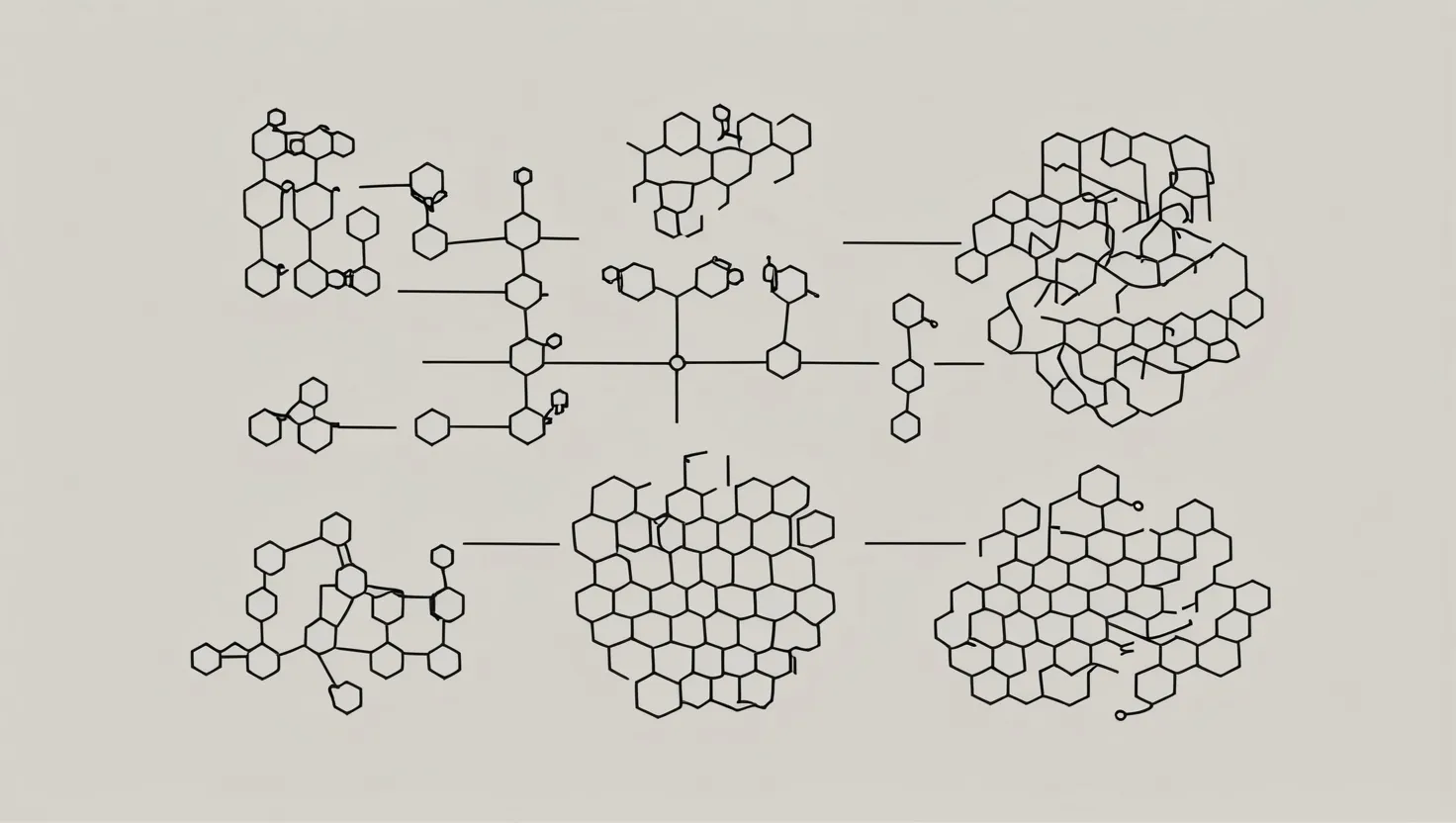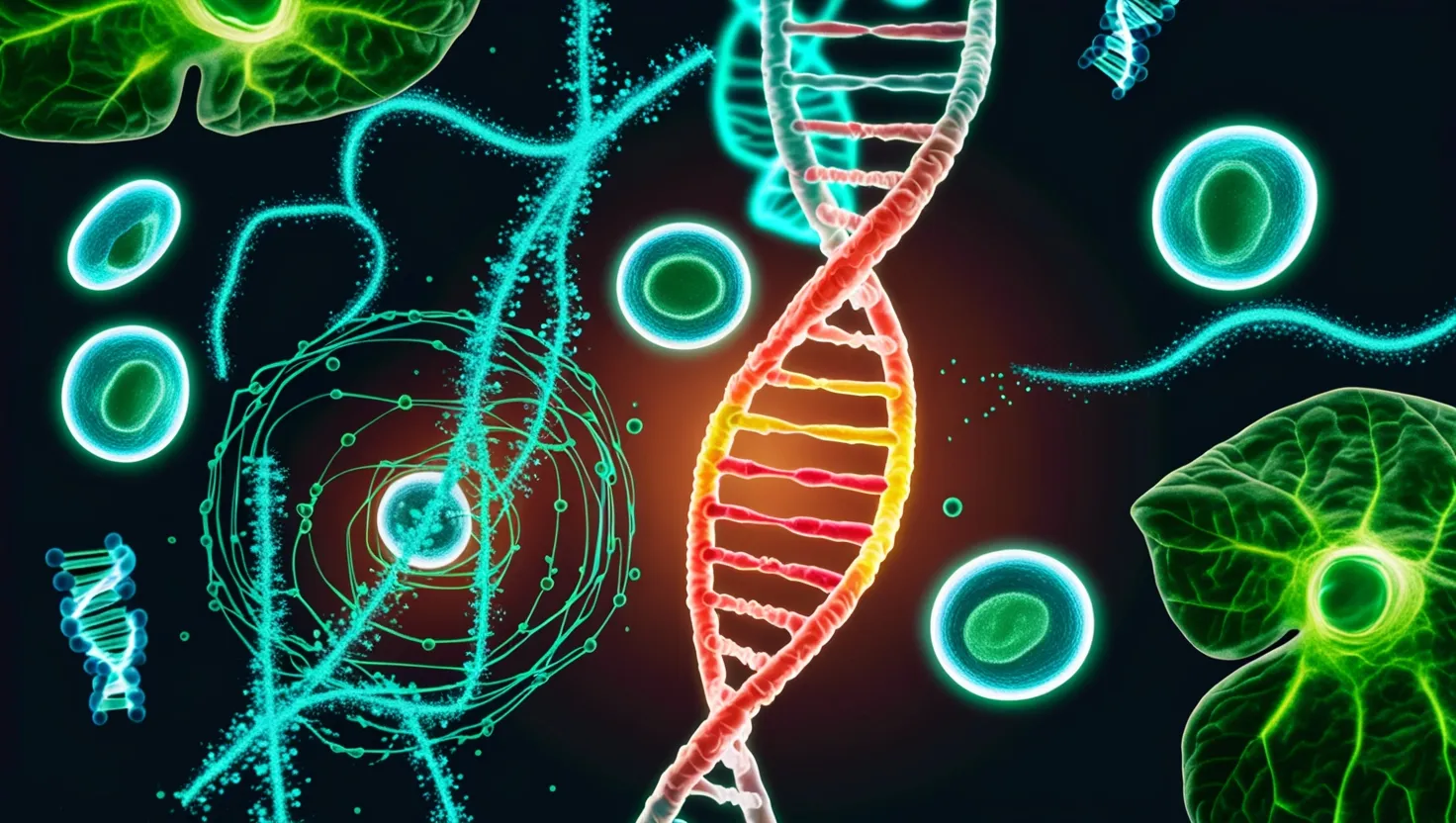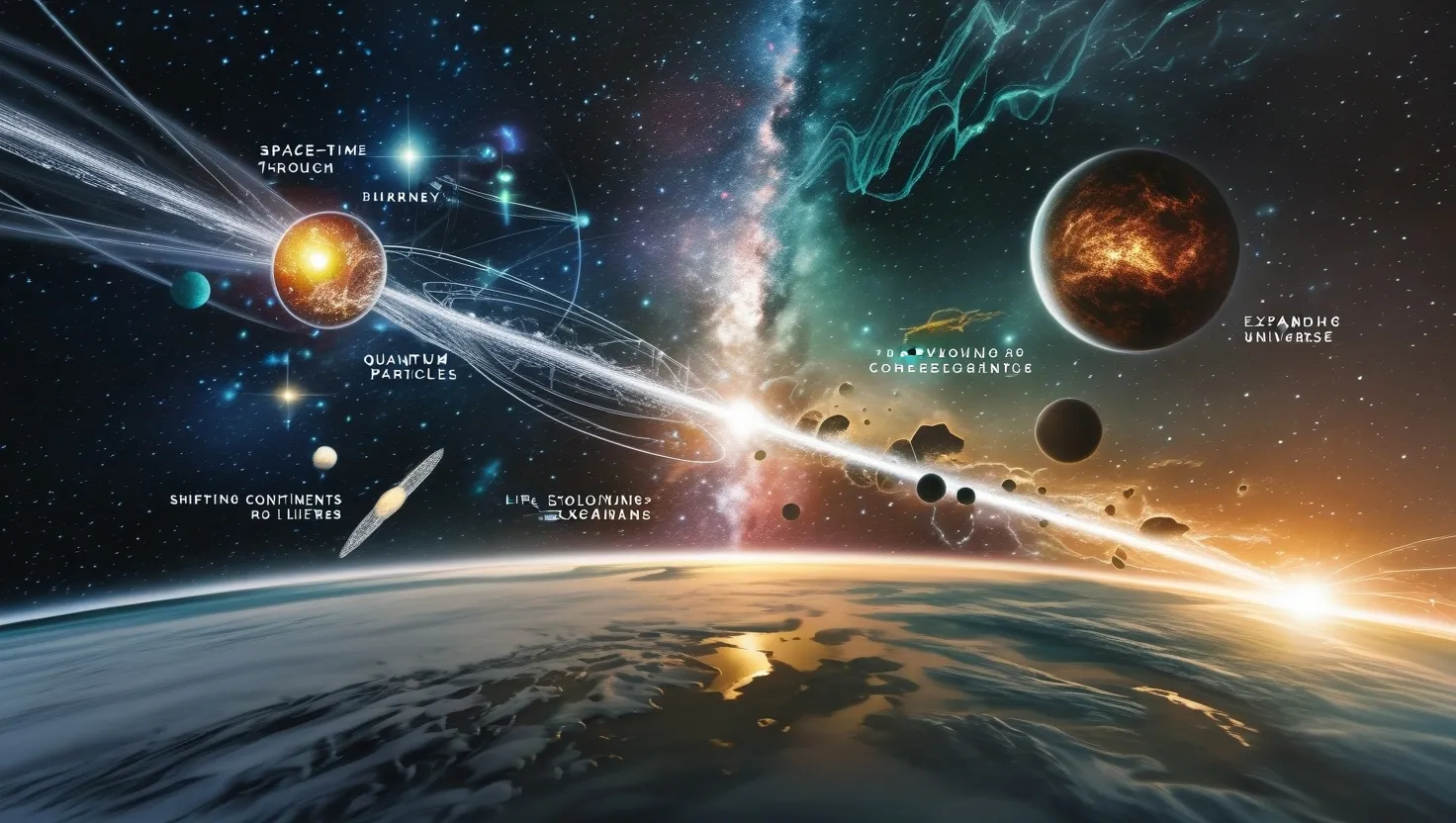5 Groundbreaking Theories Reshaping Our Understanding of Reality
Discover 5 groundbreaking theories that reshape our understanding of reality. From Einstein's relativity to quantum mechanics, explore how these ideas challenge perceptions and expand our knowledge of the universe.

5 Ancient Inventions That Still Shape Our Modern World Today
Discover 5 ancient inventions shaping our modern world. From the wheel to timekeeping, explore how ancient ingenuity continues to influence technology and daily life. Learn more about our innovative past.

5 Overlooked Medical Breakthroughs That Revolutionized Modern Healthcare
Discover 5 overlooked scientific breakthroughs that revolutionized modern medicine. From penicillin to CRISPR, explore how curiosity and perseverance shaped healthcare. Learn the untold stories behind these game-changing discoveries.

Cosmic Revelations: 5 Key Moments That Reshaped Astronomy
Explore pivotal moments in astronomy that shaped our understanding of the universe. From Galileo's telescope to Einstein's relativity, discover how these breakthroughs transformed our view of the cosmos.

Adult Brains Can Learn Languages: New Study Reveals Surprising Brain Changes
Discover how learning a new language transforms your brain. Explore neuroplasticity's role in adult language acquisition and its impact on cognitive abilities.

Nature's Sticky Secrets: How Geckos and Mussels Inspire Revolutionary Eco-Friendly Adhesives
Discover nature-inspired adhesives: From gecko feet to mussel proteins. Learn how biomimetic tech is revolutionizing industries with eco-friendly, innovative solutions.

Quantum Cryptography: The Future of Unbreakable Data Security
Quantum cryptography: Unbreakable encryption using quantum mechanics. Detect eavesdroppers, secure data, and prepare for post-quantum era. Learn about its potential and challenges.

Nature-Inspired Tech: Amazing Sensors Mimicking Animals Revolutionize Detection
Discover biomimetic sensors: Nature-inspired tech revolutionizing detection. From insect-like smell sensors to octopus-inspired materials, explore how nature enhances our world.

Neurodiversity at Work: Boosting Innovation and Productivity in Modern Companies
Discover how embracing neurodiversity boosts innovation, productivity, and inclusivity in the workplace. Learn to create a supportive environment for all employees.

Brain's Incredible Trick: How You Understand Speech in Noisy Places
Discover phonemic restoration: how your brain fills in missing sounds in speech. Learn about this fascinating auditory illusion and its impact on communication.

Nature's Molecular Magic: How Self-Assembly Shapes Our World and Future
Discover biomolecular self-assembly: Nature's tiny builders. From nanotech to medicine, see how spontaneous molecule organization is changing science and tech. Click to explore!

Quantum Biology: How Tiny Particles Shape Life's Biggest Mysteries
Quantum biology explores how quantum physics affects life at the molecular level. It reveals that processes like photosynthesis, animal navigation, and enzyme function utilize quantum effects such as tunneling and entanglement. This emerging field could revolutionize our understanding of nature and lead to breakthroughs in medicine, energy production, and technology.

Brain-Inspired Computing: The Future of AI That Mimics Human Intelligence
Neuromorphic computing mimics the human brain's structure and function, using artificial neural networks for efficient, parallel processing. It employs spiking neural networks, event-driven processing, and integrated memory-processing units. This approach offers energy efficiency, real-time learning, and adaptability, with applications in robotics, autonomous vehicles, and healthcare. It challenges traditional AI and promises to revolutionize computing and machine intelligence.
